Winters in the Greater Chicagoland Area can be unpredictable, bringing freezing temperatures, heavy snow, and sudden thaws. These conditions create a perfect storm for basement flooding, especially for homes with aging plumbing or poor drainage systems. From frozen pipes to snowmelt overload, winter puts additional stress on sewer systems, increasing the likelihood of basement water damage.
Below, we explore the top five ways extreme winter contributes to basement flooding and how homeowners can protect their properties before disaster strikes.
1. Frozen Pipes Can Burst and Cause Flooding
The Problem:
When temperatures drop below freezing, water inside pipes can freeze, expand, and cause the pipe to burst. Once the ice thaws, pressurized water can flood your basement within minutes.
Prevention Tips:
- Insulate exposed pipes in basements, crawl spaces, and garages.
- Keep a slow drip running from faucets to prevent freezing.
- If you suspect a frozen pipe, contact a plumber in Chicago immediately.
2. Sudden Thaws Overload Drainage Systems
The Problem:
The Greater Chicagoland Area often experiences rapid temperature swings in winter. Snow and ice melt too quickly for the ground to absorb, leading to sewer backups and water pooling around foundations.
Prevention Tips:
- Keep gutters and downspouts clear to channel water away from the foundation.
- Make sure your sump pump is in good working order before winter.
- Schedule drain inspections before the first big freeze.
3. Ice Dams Can Force Water Into Your Home
The Problem:
Ice dams form when snow melts on a warm roof and refreezes at the edges. This blocks proper drainage, forcing water back into your home, which can seep into the basement.
Prevention Tips:
- Improve attic insulation to prevent heat loss that causes ice dams.
- Remove excess snow from the roof after heavy storms.
- Check gutters for blockages before winter sets in.
4. Sewer Line Blockages Worsen in Cold Weather
The Problem:
Cold weather causes grease, debris, and roots in sewer lines to harden and build up, increasing the risk of basement flooding from backups.
Prevention Tips:
- Schedule a sewer camera inspection before winter hits.
- Avoid pouring grease or food scraps down the drain.
- Consider hydro jetting to clear out tough blockages.
5. Malfunctioning Sump Pumps Leave Basements Vulnerable
The Problem:
Many homes rely on sump pumps to remove excess water from their basements. If a sump pump fails due to freezing temperatures or power outages, flooding becomes a major risk.
Prevention Tips:
- Test your sump pump regularly before the winter season.
- Install a battery backup system to ensure operation during power outages.
- Clear debris from the sump pit to prevent clogs.
Conclusion
Harsh winter conditions significantly increase the risk of basement flooding for homeowners. From frozen pipes and rapid thaws to sewer backups and sump pump failures, winter poses many challenges for residential plumbing systems.
Don’t wait for an emergency! Protect your home with professional basement flood prevention from J Blanton Plumbing. Our team of trusted plumbers in Chicago can inspect your drainage system, provide preventative maintenance, and ensure your home is ready for the winter months. Call J Blanton Plumbing today to schedule a winter plumbing check-up!











